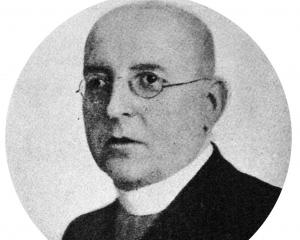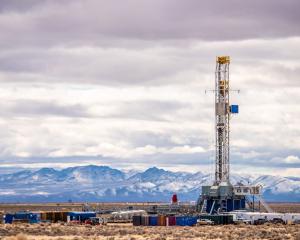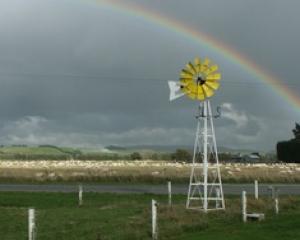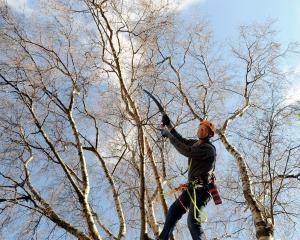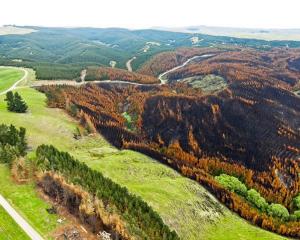
There are various definitions of when winter "officially" starts, but if we take June 1 as the date then we should still have another three weeks of glorious autumn conditions to enjoy.
With most of the country shivering through its coldest night of the year so far — bar the far South, ironically, where cloud from a front pushed temperatures into double figures — our sensitive national power grid was feeling the heat yesterday morning.
Warning notices from Transpower of potential blackouts between 7am and 9am, due to a lack of available generation, were a reminder of how fragile the system is when the crunch comes. This shouldn’t be happening with increasing frequency every winter.
It’s another reminder, if we need one, that so much of our lives and livelihoods are determined by the weather. When it comes to our electricity supply it’s not just storm conditions which threaten it, but also what we might otherwise consider "good", settled weather, those frosty windless mornings which unfortunately don’t turn the wind turbines.
Weather statistics and the climate can be strange things. Nobody knows for sure, of course, but it is entirely possible that yesterday morning’s frost may turn out in some place to be the heaviest of the winter, even if it isn’t winter yet.
To build the most robust housing and infrastructure to withstand the vicissitudes of our changing climate, we need to develop watertight and carefully considered policy. This is why accurate and not sensationalist weather data is critical for our future endeavours.
Modelling the many effects of the warming climate is one of the most important areas of research our scientists can be engaged in.
With the best brains in the business, and the most fearsome computing power available, we can get a good idea of the challenges we might face in the medium- and longer-term.
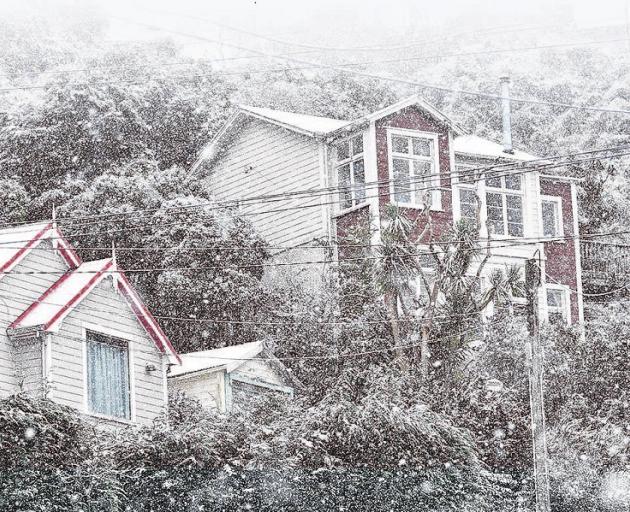
Our location in the world also means this is essential work. Antarctica is just down the road, and meltwater from its icesheets due to warmer temperatures could have huge effects on our coastlines.
Much of this excellent climate research is carried out by Crown research institute Niwa, as well as think-tanks within our universities. It is specialised work and attracts dedicated scientists.
News has come this week from RNZ that Niwa is thinking of cutting its climate-modelling team. One researcher from outside Niwa said those scientists’ skills were as rare as hen’s teeth and they would be a boon to overseas research agencies.
Such a move could only be described as ludicrous. This appears to be the latest madness which is being proposed, or carried out, by a public service continuing its 50-metre dash-like zealotry to save money and please the government.
Details of the proposal are sketchy but, according to RNZ, Niwa’s earth systems modelling scientists are under threat. These are the experts who take global climate models and rework them to include the myriad unique features of the atmosphere and ocean in our part of the world, and make the results, in terms of effects on New Zealand, more accurate.
Niwa said it would not comment while consultation on the proposal was continuing. That is hardly surprising, given the CRI does not have a sparkling track record of telling the public who fund it what is going on behind the scenes.
Interestingly, Research, Science and Innovation Minister Judith Collins, while saying she didn’t want to get involved in the details, said the science review now under way was looking at double-ups in the sector.
If Niwa wants to save money to help the nation’s coffers, perhaps it should look at Niwa Weather, which uses taxpayers’ money to compete directly in weather forecasting with the authorised public sector agency MetService.
That Niwa would want to get rid of part of its much-vaunted and crucial climate science team, while continuing to muscle in needlessly and wastefully on MetService’s patch, beggars belief.



